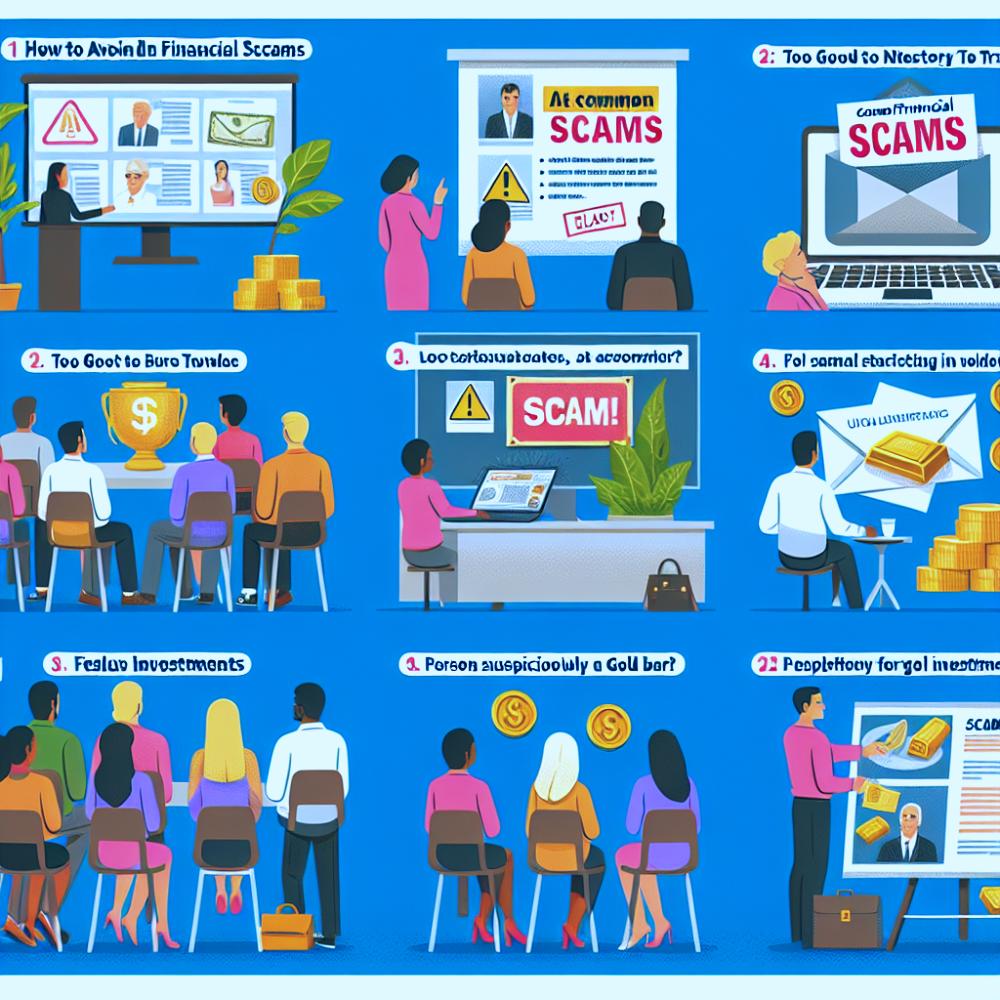
Introduction
In the digital age, financial scams have become increasingly sophisticated and prevalent. Protecting your hard-earned money from scammers should be a top priority, and knowledge is your best defense. This article will explore common financial scams and offer guidance on how to avoid falling victim to them.
Common Financial Scams
Before we delve into how to avoid these scams, let's first identify some of the most common ones
1. Phishing Scams
Phishing scams involve scammers posing as reputable entities via email or text messages to trick individuals into revealing sensitive information like passwords, credit card numbers, and Social Security numbers.
2. Lottery and Sweepstakes Scams
In these scams, victims are informed they've won a lottery or sweepstakes they never entered. They're asked to pay a small fee to claim the "prize" - a fee that goes straight into the scammers' pockets.
3. Romance Scams
Scammers use online dating platforms or social networks to lure victims into fake romantic relationships and manipulate them into sending money.
4. Investment Scams
These involve promises of high returns on low-risk investments. Scammers use high-pressure tactics to encourage quick decision-making.
5. Tech Support Scams
Scammers pose as tech support agents, often from well-known companies, and convince victims that their computers are infected, offering unnecessary — and costly — support.
How to Avoid Financial Scams
1. Be Skeptical
If something seems too good to be true, it likely is. Always question unsolicited offers, especially those promising high returns with little to no risk.
2. Protect Your Personal Information
Never give out personal information unless you're sure of who you're dealing with. Be wary of unsolicited requests for information, even if they appear to be from a known institution.
3. Secure Your Devices
Ensure all your devices are protected with the latest antivirus software. Regularly update your operating systems and applications to protect against the latest threats.
4. Do Your Research
If you're unsure, research the company or individual making the offer. Check for any bad reviews, public warnings, or reports about them.
5. Be Wary of Pressure Tactics
Scammers often create a sense of urgency to get you to act without thinking. Always take your time to make informed decisions.
6. Ignore Unsolicited Offers
Whether it's a call, email, or pop-up ad, if you didn't initiate contact, it's best to ignore the offer.
7. Seek Professional Advice
If you're unsure about an investment or financial opportunity, consult a professional financial advisor or attorney.
Conclusion
While the financial world is filled with legitimate opportunities, it's also rife with scams. By staying informed, questioning suspicious offers, and taking preventive measures, you can protect your finances from common scams. Remember, when it comes to your hard-earned money, you can never be too cautious.



















